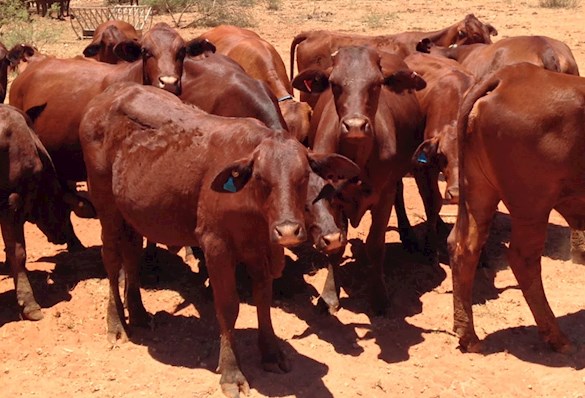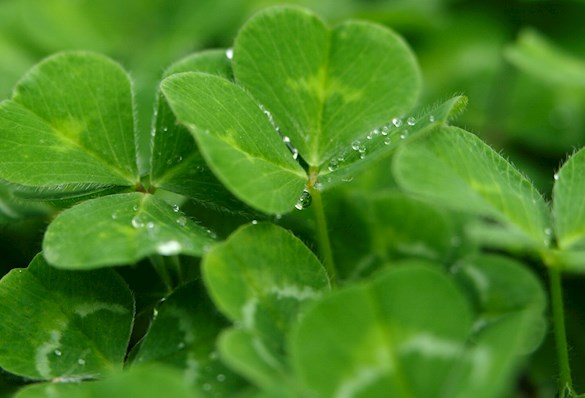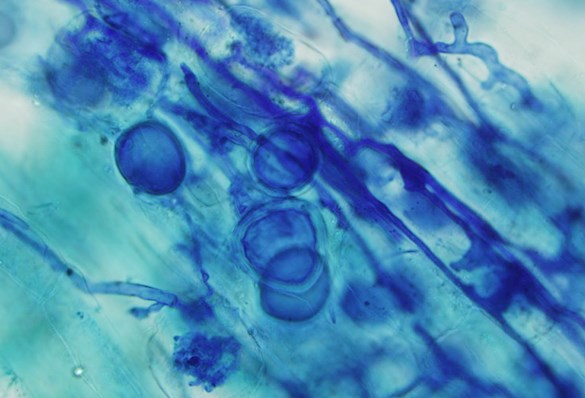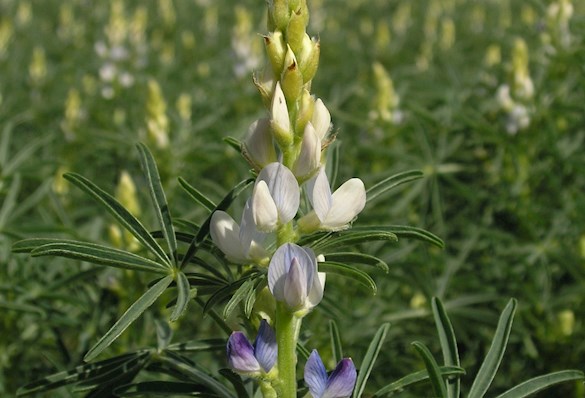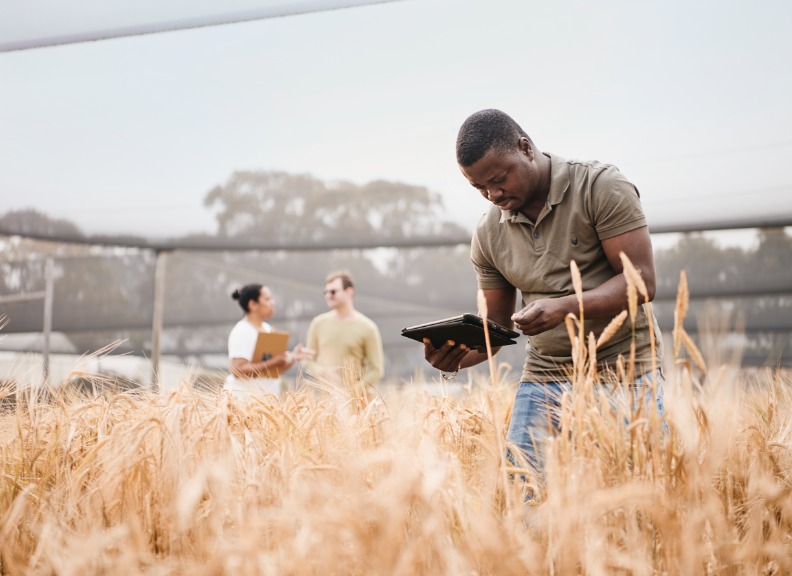
PROJECT
Systems of beef production from irrigated fodder production in northern Western Australia
Sustainable beef production from irrigated fodder in the Pilbara
There are changes occurring in the north that have the potential to dramatically change the production efficiency and sustainability of cattle in the north and the livelihoods of the pastoralists and indigenous communities in that area.
The main changes that have occurred are the use of groundwater and mine dewatering to produce fodder under pivots, the increased interest in pastoral cattle moving to backgrounding properties in the south, novel methods of managing grazing pressure and an interest in diversifying markets for northern WA beef cattle.
This project focusses on the gap in knowledge that exists about what to grow under the pivots, how to use it most effectively and how to integrate it with the rangeland feedbase to maximise production efficiency and improve the health of the rangelands and reduce the environmental footprint of the industry.
One of the major challenges normally facing pastoralists is uncertainty around rainfall leading to uncertainty about the type, amount and quality of feed and ultimately the consistency of the supply of animals of the right specifications through the supply chain. If we can develop new systems that make optimal use of the fodder generated under pivots we have an opportunity to provide more certainty and interest from emerging markets.
Project goals:
- The overall goal of the project is to determine if pivot irrigation systems can be developed to create a cost effective and more reliable improvement to current supply chains
- Another main goal is to determine what’s best to grow under irrigation and how best to use it in combination with the rangelands to maximise productivity and minimise the environmental footprint of the new systems.
Research team leader: Professor Philip Vercoe
I am an animal scientist who is driven by the need for ‘Clean, Green and Ethical’ production systems and an interest the role of our native Australian plants in grazing systems; I am in the School of Agriculture and Environment at UWA. The main focus of my work is around the interaction between plant secondary compounds and the ruminal microbial community in improving production efficiency and reducing methane emissions. My current interest is in the mosaic feedbase in the northern WA rangelands and the most effective way to manage cattle transitioning across different parts of the mosaic including the production of forage under pivot irrigation, which is a recent development in northern WA. Optimising the transition of animals across the feedbase mosaic and making use of the rich diversity of plant secondary compounds in the native rangelands plants will be essential for improving the resilience of the supply chain and move towards more carbon neutral systems.
Funding and Collaborations
Funding
- Project operational costs are covered by the UWA/MLA MDC BeefLinks project
External Collaborators:
- Pardoo Station
- Rio Tinto
- Wallal Station
How to Apply
Check criteria
- To be accepted into the Doctor of Philosophy, an applicant must demonstrate they have sufficient background experience in independent supervised research to successfully complete, and provide evidence of English language proficiency
- Requirements specific to this project - An understanding and prior experience with cattle, preferably in rangeland systems or irrigated fodder-based systems is desirable
Submit enquiry to research team leader
- Contact the research team leader by submitting an Expression of Interest form via the button below
- After you have discussed your project with the research team leader, contact [email protected] to proceed with your application
Scholarships
- Domestic students
-
All domestic students may apply for Research Training Program and University Postgraduate Awards (UPA) scholarships
- International students
-
A range of scholarships are available from international organisations and governments. The full list, organised by country, is available on the Future Students website.
In addition, all international students may apply for International Research Training Program scholarships.
- Indigenous students
- Indigenous students are encouraged to apply for Indigenous Postgraduate Research Supplementary Scholarships.
- Forrest Foundation scholarships
- All international and Australian students who wish to study towards the degree of Doctor of Philosophy (PhD) at The University of Western Australia may apply for Forrest Scholarships.




































